For years, military veterans suffering from post-traumatic stress disorder (PTSD) have sought alternative treatments beyond traditional pharmaceuticals. Now, after years of regulatory hurdles and advocacy, the U.S. Food and Drug Administration (FDA) has approved a groundbreaking Phase 2 clinical trial to study the effects of smoked marijuana on veterans with moderate to severe PTSD. Funded by tax revenue from Michigan's legal cannabis sales, this research represents a monumental step toward validating cannabis as a legitimate treatment option for PTSD.
PTSD affects millions of veterans, with many turning to medical marijuana for relief. Anecdotal evidence from veterans suggests that cannabis can alleviate anxiety, improve sleep, and reduce the emotional intensity of traumatic memories. Yet, despite its inclusion in many state-level medical marijuana programs, rigorous clinical data supporting its efficacy has been sparse.
Dr. Sue Sisley, a psychiatrist and the principal investigator for the trial, explains, “Suicide among veterans is an urgent public health crisis, but it’s solvable if we invest in researching new treatments for life-threatening conditions like PTSD. This study will generate data that doctors, like myself, can use to develop treatment plans that better serve our patients.”
The study aims to assess the real-world effects of inhaled high-THC cannabis flower compared to a placebo. Participants will self-titrate, or adjust their dosage, reflecting how many veterans already consume cannabis. This approach ensures the research mirrors actual usage patterns, making the results more applicable to everyday life.
A Long Road to Approval
The journey to secure FDA approval for this study was anything but smooth. The Multidisciplinary Association for Psychedelic Studies (MAPS), the nonprofit leading the research, faced five clinical hold letters from the FDA over a three-year period. These holds addressed contentious issues, including the proposed THC dosage, the smoking delivery method, and the inclusion of cannabis-naive participants.
In August 2024, MAPS submitted a formal dispute resolution request, arguing that these restrictions hindered meaningful research. The FDA eventually relented, allowing the trial to proceed with commercially available THC levels and requiring participants to have prior experience with inhaled cannabis.
Rick Doblin, founder and president of MAPS, noted, “MAPS takes pride in leading the way to open new research pathways by challenging the FDA to think differently. This study is a critical step in ensuring cannabis research reflects the way people actually use it.”
Veterans Leading the Charge for Cannabis Reform
This trial is not occurring in a vacuum. Veterans have been at the forefront of both medical marijuana and psychedelics reform, advocating for expanded access to treatments that address their unique mental health challenges. Organizations like the Iraq and Afghanistan Veterans of America and the Wounded Warrior Project have consistently pushed for congressional action to fund research and provide clearer pathways to alternative therapies.
State-level initiatives have also bolstered these efforts. Michigan, for example, allocated $13 million from its Veteran Marijuana Research Grant Program to fund this trial, underscoring the state’s commitment to advancing veteran healthcare. Other states, including Massachusetts and California, have explored pilot programs and working groups to investigate the therapeutic benefits of cannabis and psychedelics for veterans.
The Potential Impact of Smoked Cannabis on PTSD Treatment
If successful, this study could fundamentally reshape how PTSD is treated in veterans. Current treatment options, such as antidepressants and antipsychotics, often come with significant side effects, including severe constipation, confusion, and, paradoxically, increased agitation. Many veterans report abandoning these medications in favor of cannabis, which they say provides more immediate and comprehensive relief.
The trial’s unique design—focusing on self-titration and real-world usage—could yield data that is more relevant and actionable than traditional clinical studies. This could pave the way for cannabis to be more broadly integrated into veteran healthcare programs, potentially reducing the reliance on pharmaceuticals that many find ineffective or harmful.

A Broader Implication for Mental Health Treatment
This study isn’t just about veterans; it’s about challenging the stigma surrounding cannabis as a treatment for mental health conditions. MAPS’s research aligns with a growing body of work exploring the therapeutic potential of psychedelics, including MDMA and psilocybin. While the FDA recently rejected an MDMA-assisted therapy for PTSD, the progress made in these fields reflects a shifting perspective at the federal level.
The approval of this trial highlights the need for nuanced, evidence-based approaches to mental health treatment. As Leith J. States, chief medical officer at the Office of the Assistant Secretary for Health, observed, “We’re moving forward… and we’re doing things in a way that marches us forward in an incremental way.”
Despite this milestone, significant challenges remain. Cannabis-naive participants were excluded from the trial due to safety concerns, potentially limiting the study’s generalizability. Additionally, the FDA has not yet approved the use of vaporization devices, which some veterans prefer over smoking. These limitations highlight the complexities of conducting cannabis research within the framework of federal regulations.
Furthermore, systemic barriers persist. The Department of Veterans Affairs (VA) has been criticized for its slow adoption of cannabis research, with some veterans accusing the agency of “dragging their feet” on exploring alternative treatments. Advocates hope that the success of this trial will accelerate change at the institutional level, ensuring broader access for veterans in need.
A New Era for Cannabis Research
The FDA’s approval of this landmark study signals a new era for cannabis research, one that prioritizes real-world applications and addresses the urgent needs of vulnerable populations. For veterans living with PTSD, this trial represents hope—hope for treatments that honor their experiences and provide genuine relief.
As states like Michigan continue to fund cutting-edge research and as organizations like MAPS challenge outdated regulatory frameworks, the future of medical marijuana looks increasingly promising. This trial is more than just a study; it’s a step toward validating the lived experiences of millions of veterans and reshaping the conversation around mental health treatment.
With millions of dollars invested and countless lives potentially impacted, this trial is a reminder of the power of persistence, advocacy, and evidence-based innovation in transforming healthcare. The road ahead may still be fraught with challenges, but the destination—a world where veterans have access to effective, compassionate care—is worth every step.



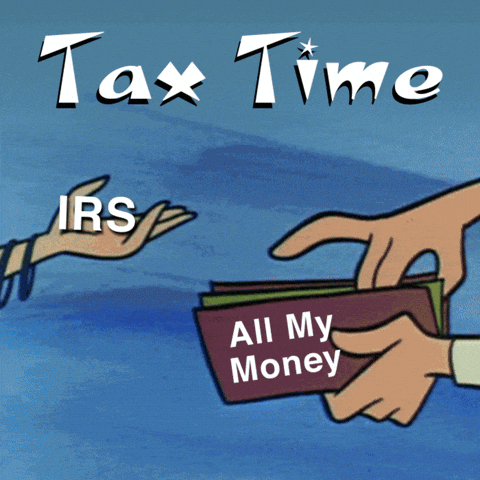



 How to Store Magic Mushrooms
How to Store Magic Mushrooms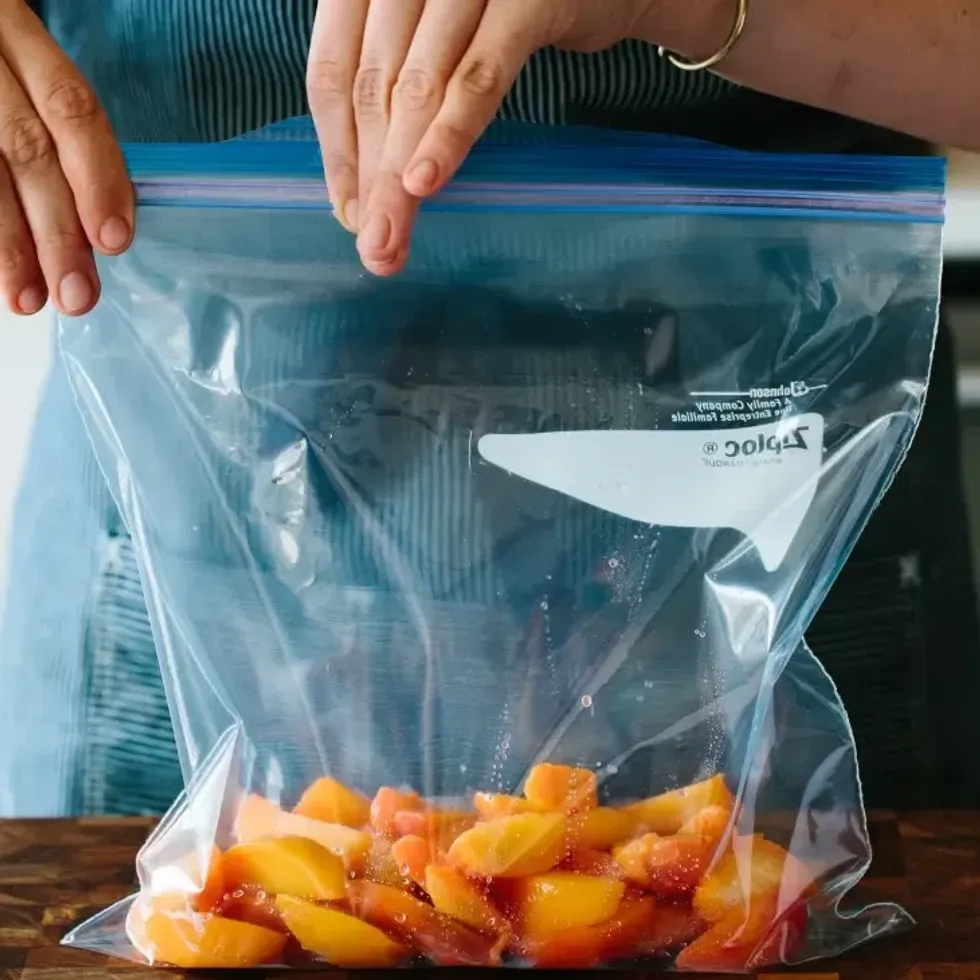 How to Store Magic Mushrooms
How to Store Magic Mushrooms How to Store Magic Mushrooms
How to Store Magic Mushrooms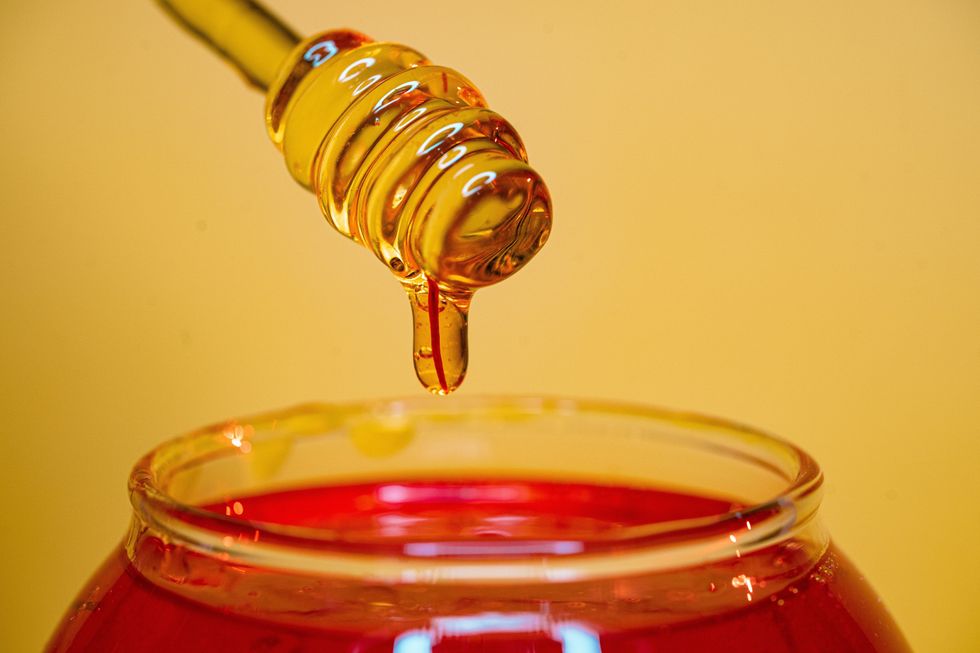 How to Store Magic Mushrooms
How to Store Magic Mushrooms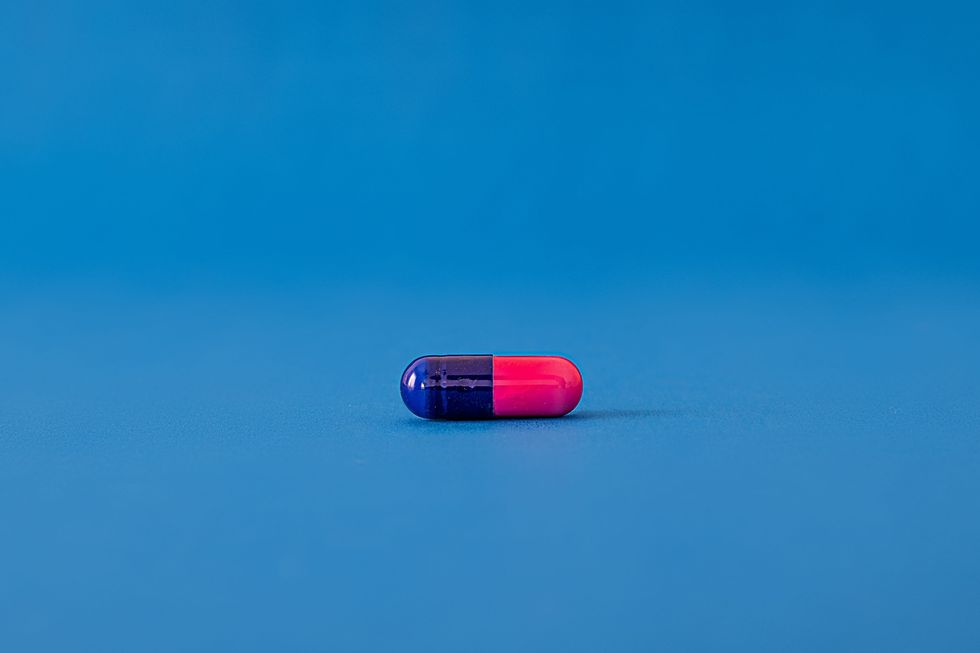 How to Store Magic Mushrooms
How to Store Magic Mushrooms






 How to Make a Cannagar Without a Mold: A Comprehensive Guide - The Bluntness
Photo by
How to Make a Cannagar Without a Mold: A Comprehensive Guide - The Bluntness
Photo by 
 Can Drug Dogs Smell Edibles? - The Bluntness
Photo by
Can Drug Dogs Smell Edibles? - The Bluntness
Photo by 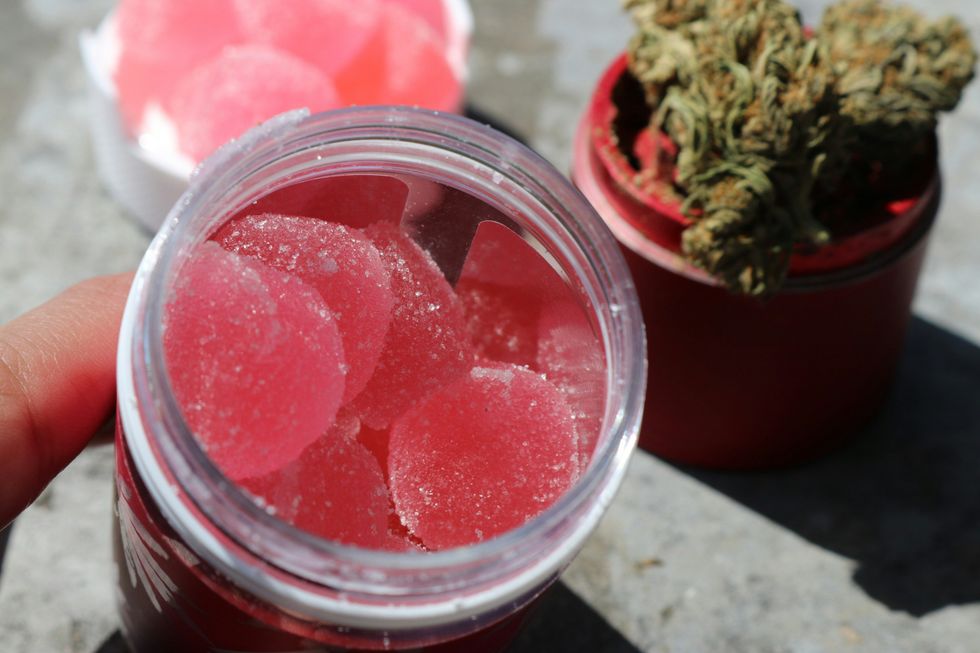 Can Drug Dogs Smell Edibles? - The Bluntness
Photo by
Can Drug Dogs Smell Edibles? - The Bluntness
Photo by 
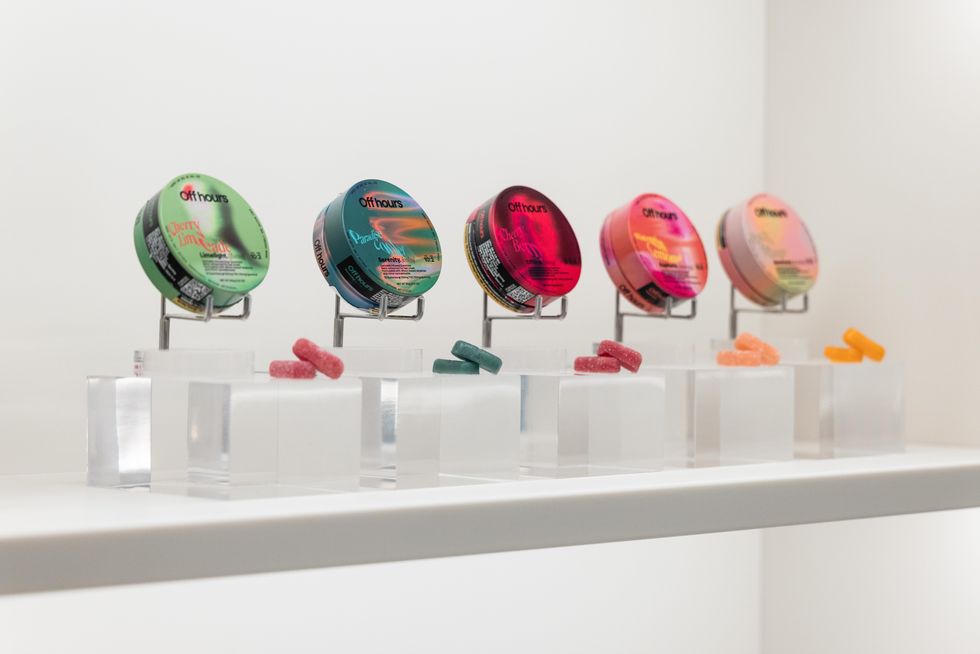 The Travel Agency Lands in SoHo - The Bluntness
The Travel Agency Lands in SoHo - The Bluntness The Travel Agency Lands in SoHo - The Bluntness
The Travel Agency Lands in SoHo - The Bluntness The Travel Agency Lands in SoHo - The Bluntness
The Travel Agency Lands in SoHo - The Bluntness The Travel Agency Lands in SoHo - The Bluntness
The Travel Agency Lands in SoHo - The Bluntness